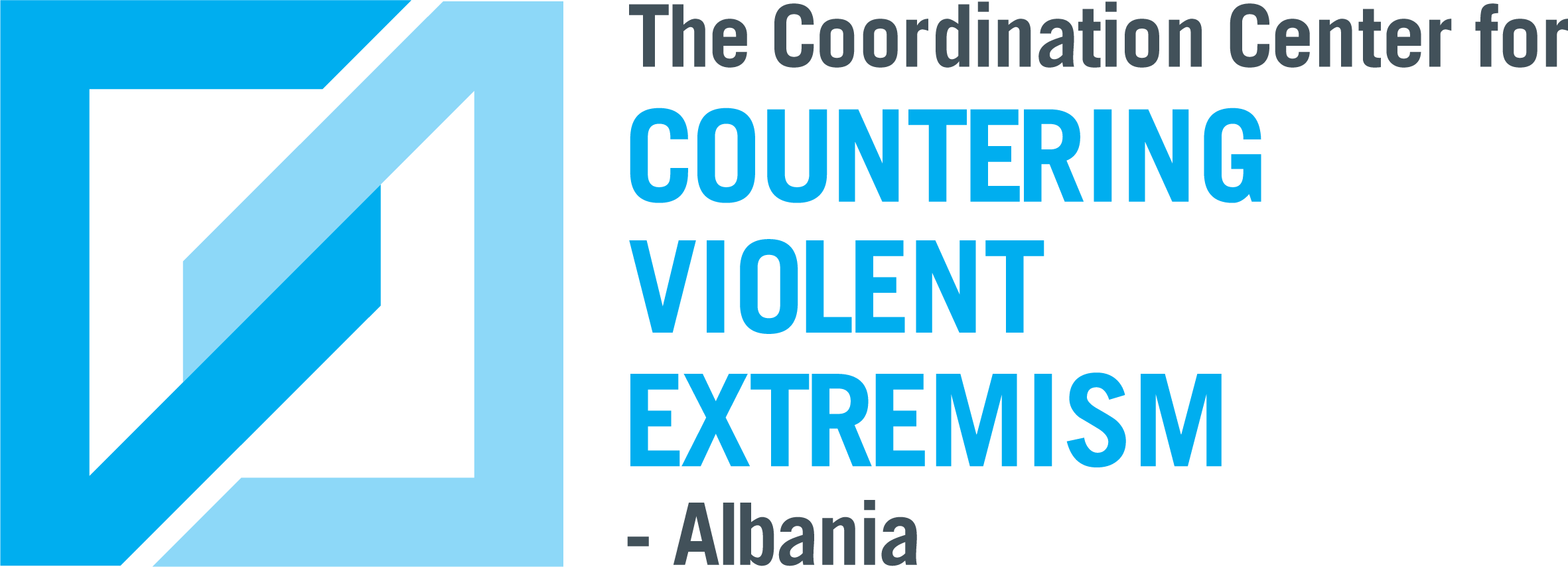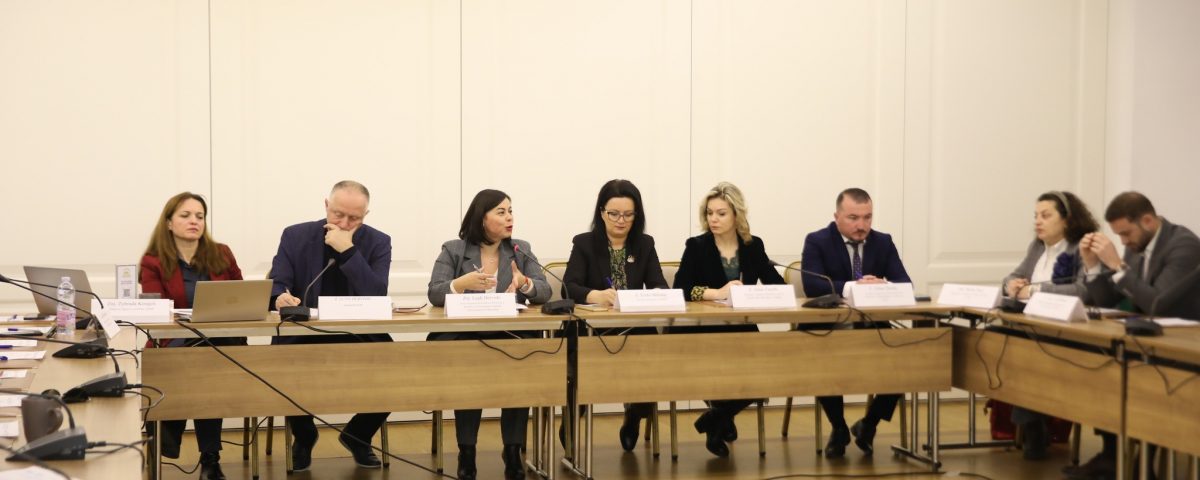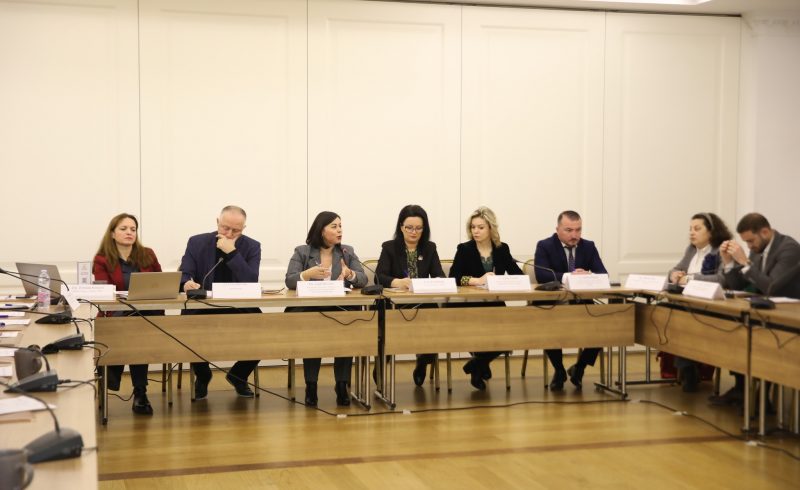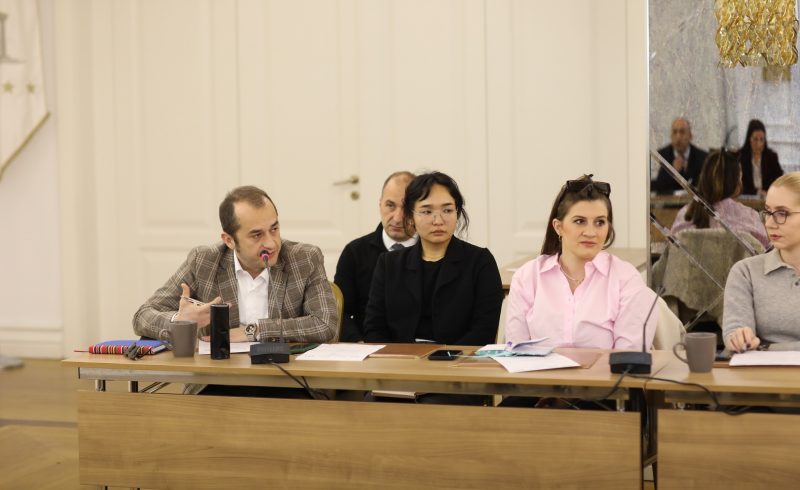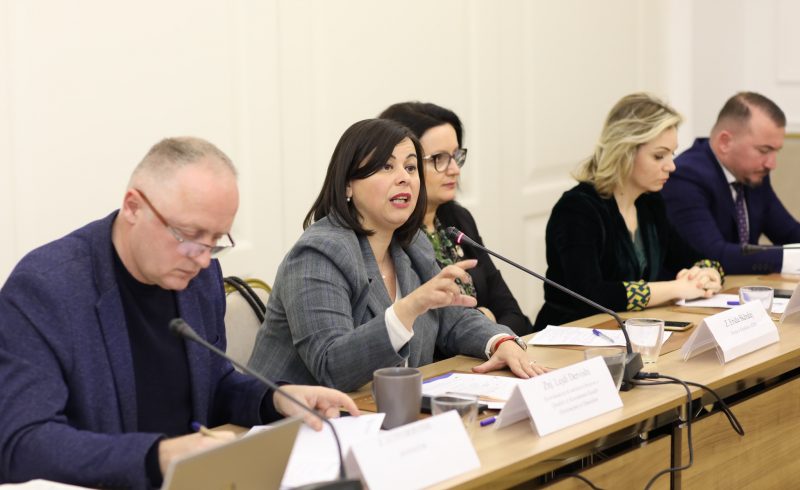Publisher: Cve.gov.al 28/02/2024
Tirana/Roundtable Consultation on the Reintegration of Returned Foreign Fighters from Conflict Zones and Their Families, as well as Other Individuals Radicalized or at Risk of Radicalization.

Workshop on the Country needs assessment to identify key needs for the Prevention of Violent Extremism, Repatriation and Rehabilitation
20/02/2024
Cyber Security and Multi-Actor Responses to Cyber Threats and Terrorism
21/03/2024Tirana/Roundtable Consultation on the Reintegration of Returned Foreign Fighters from Conflict Zones and Their Families, as well as Other Individuals Radicalized or at Risk of Radicalization.
In Tirana, a roundtable consultation was convened to address the pressing issue of reintegrating foreign fighters returning from conflict zones, along with their families, and other individuals susceptible to radicalization or already radicalized. This event, organized by the Albanian Helsinki Committee, brought together key institutional actors, field experts, civil society activists, and representatives from religious communities.
Under the adept moderation of esteemed journalist Lutfi Dervishi, Ms. Lejdi Dervishi, Director of the Coordination Center for Countering Violent Extremism, commended the event’s organization and the insightful analysis offered by expert Ms. Zyhrada Kongoli.
The discussions centered on a comprehensive analysis of local legislation and institutional practices in Albania concerning the reintegration process of foreign fighters and their families, as well as individuals at risk of radicalization. Integral to these deliberations were considerations of prevention strategies and institutional coordination.
Ms. Doçi, responsible for the Social Issues Sector of the General Directorate of Prisons, underscored the challenges inherent in addressing human and financial resource limitations, as well as the complexities of rehabilitating and reintegrating individuals convicted of terrorist offenses. Notably, the Municipality of Tirana was recognized for its proactive role in fostering effective inter-institutional cooperation, a model that other local governance bodies could emulate.
Represented at the event by Mr. Anesti Kapllani, the State Probation Service highlighted the ongoing efforts to finalize interview protocols, establish specialized interview environments, and develop individualized reintegration plans for relevant individuals. Mr. Alban Dautaj, Director of Anti-Terrorism at the General Directorate of the State Police, acknowledged the collaborative efforts aimed at repatriating women and children while emphasizing the need to uphold human dignity amidst punitive measures.
Ms. Alma Lleshi Tandili, Head of the State Agency for the Rights and Protection of Children, lauded the critical role played by the State Police and Child Protection Units across Municipalities in safeguarding the best interests of minors.
The rise of Islamophobia in Albanian society elicited concerns from representatives of the Muslim Community, notably theologian Dr. Arben Ramkaj. The Albanian Helsinki Committee pledged to monitor ongoing discussions between the Muslim Community and institutional stakeholders regarding the role of Regional Councils.
This endeavor was part of the project “Leaving the Past Behind: Building Resilience to Violent Extremism through Support and Education,” conducted in collaboration with the Counseling Line for Women and Girls and financially supported by the Global Community Engagement and Resilience Fund. Partnerships in this initiative include SHIS, the Gender Alliance for Development Center (GADC), and the Interreligious Council of Albania.
